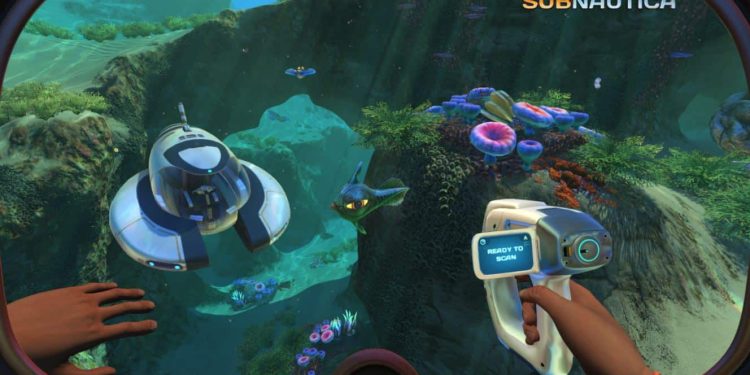Publisher Krafton has issued a statement following a lawsuit from three former leads of Subnautica, who accuse the company of deliberately delaying Subnautica 2 to avoid paying a $250 million earnout. The dispute highlights growing tensions behind the scenes of one of the most popular survival games.
The lawsuit was filed by Ted Gill, the ex-CEO of Unknown Worlds, Charlie Cleveland, the co-founder and creative director, and Max McGuire, the co-founder and technical director, all of whom were recently fired by Krafton. According to court documents, Krafton is accused of obstructing the planned 2025 release of Subnautica 2 and withdrawing support to delay the game, allegedly to avoid paying the earnout tied to the sequel’s launch.
In response, Krafton emphasized that the delay to 2026 is entirely due to quality concerns. A spokesperson told VGC, “Krafton’s decisions were made to make sure Subnautica 2 is the best possible game and lives up to fan expectations.” They added that releasing the game prematurely would disappoint players and damage both the Subnautica and Unknown Worlds brands.
The publisher also expressed disappointment over the lawsuit but said, “we look forward to defending ourselves in court.” Krafton remains focused on delivering what fans want as quickly as possible despite the legal battle brewing in the background.
Previously, Krafton denied that the firings of Gill, Cleveland, and McGuire were related to any financial or contractual issues. However, the former executives’ legal claim suggests otherwise, alleging a calculated move by Krafton to delay the game and avoid paying out the earnout by firing the original leadership.
The lawsuit states, “Krafton apparently thought it could fire the Founders and delay the game without harming the franchise, thereby making money for itself while avoiding any earnout obligations. But the community’s reaction shows that Krafton has already caused immeasurable damage to Subnautica 2.”
Fans of the series will be watching closely as this legal dispute unfolds, especially since it involves the future of a highly expected sequel. The tension between creative leadership and corporate decisions is nothing new in the industry, but the stakes feel particularly high here.



















